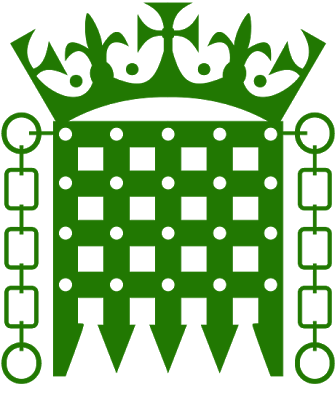Driving Banking Reform

To achieve our goal of rebalancing Britain’s economy, a truly Conservative vision for the financing of a long term recovery must be to turn our retail and commercial banking sector from an over concentrated oligopoly into a consumer focused and competitive service business.
There is no quick fix to this. For a fully competitive environment, there needs to be ‘free entry’ and ‘free exit’ of market players. But this has not been true of British banking for decades – banks have consolidated and merged over many years, with the result that a small number of very large banks have a dominant market share in both the Small and Medium Enterprise (SME) and the Personal Current Account (PCA) markets.
Six months ago, the Treasury Select Committee published our report into competition and choice in retail banking following nearly a year-long inquiry into the matter. Following on from that, earlier this month I published a paper, Driving Banking Reform, via the Free Enterprise Group which looks at how we might address this important issue.
The key to reforming Britain’s banking system is empowering consumers to drive competition. All current accounts should be portable at the “click of a button”; this would require banks to share an IT infrastructure. For too long barriers to entry have been overlooked in the banking sector. Some of the key barriers include capital and liquidity requirements, IT and payments systems and the nature of the personal current account market itself, for example the practice of ‘free while in credit’ accounts. There are positive reform steps being taken to reform banking but these may push up the cost of banking for consumers. This makes the need to ensure that consumers get a fair deal even more pressing.
You can read the full report here, and I make three clear recommendations in it.
First, demand full account portability within 10 years.
This would generate competition between banks, allowing almost instantaneous customer switching. Customers could even keep their existing account number if they wished.
Any newly authorised bank would be able to buy a licence to use the system, removing the implicit advantage of the long established clearers.
In the event of a future financial collapse, accounts could be easily transferred from failed institutions to sound ones, reducing the risk of a ‘run’ on the banks.
Second, use the taxpayers’ holding in banks to break up the oligopoly and introduce new challengers.
Break up RBS and fast track banking licences to existing financial services providers that want to buy parts of the banking group.
Reverse the Lloyds/HBoS merger.
Third, give the Financial Conduct Authority a specific primary competition objective.
I will continue to press for action on this, and look forward to seeing real change being delivered.





